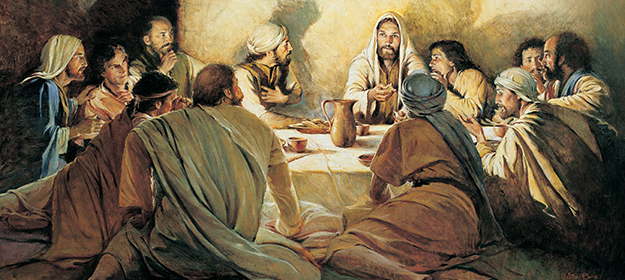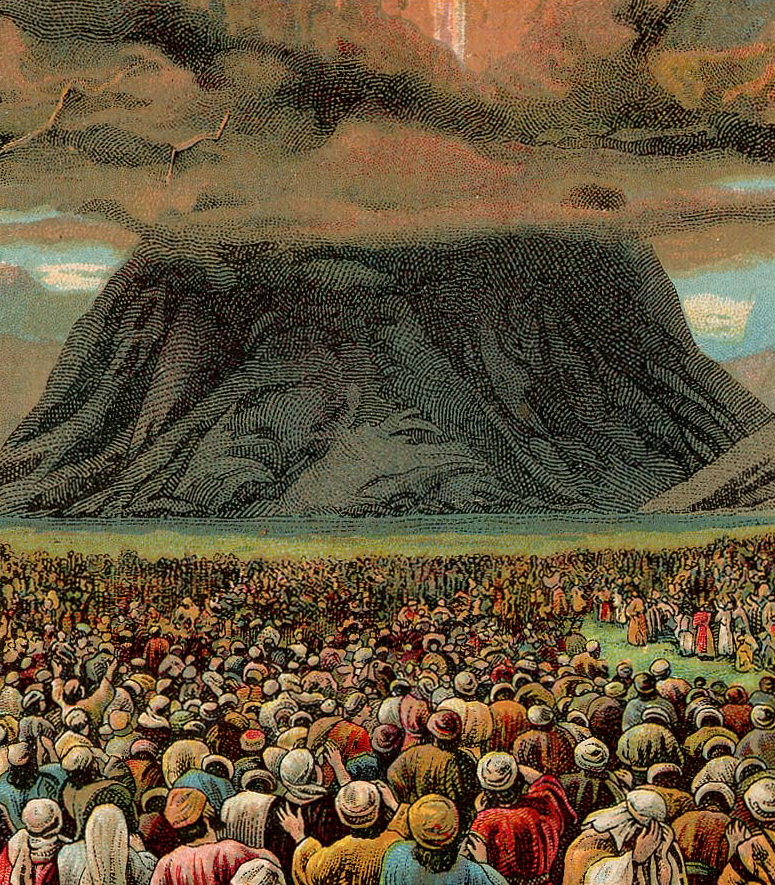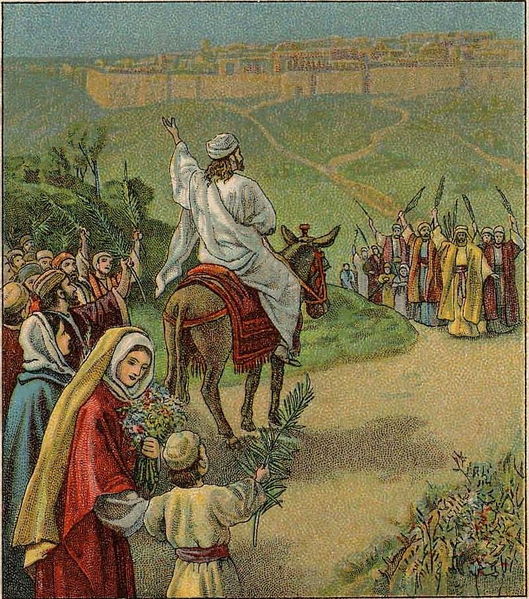
Luke 16:16, The Torah and the Prophets. Many people in the mainstream church view this passage as drawing a defining line between the so-called age or dispensations of law (in the Old Testament or Tanakh) and the age or dispensation of grace (in the New Testament or the Testimony of Yeshua). This in turn, in their minds, sets the Tanakh (which reveals the law or Torah) and Testimony of Yeshua (which supposedly reveals the concept of grace) at odds with each other. Is this a correct interpretation of this passage?
The evidence within the Testimony of Yeshua itself doesn’t support this common Christian interpretation, however. In no way is Yeshua annulling the Torah here, or else he would be contradicting what he clearly taught in Matthew 5:17–19.
Furthermore, Yeshua’s statement here can’t possibly mean that the Torah was now obsolete in the Testimony of Yeshua, since the apostles and early believers adhered to the Torah long after the passing of John the Baptist (Yeshua, p. 41, by Ron Mosely). Additionally, Paul’s statement in Romans 3:31 that the Torah is not voided by grace should dispel any notions that Luke 16:16 implies that the Torah would pass from the scene in the life of believers.
There are a couple of ways to understand this passage without doing violence to the Torah. First, it could be understood that Yeshua is saying that the Law and the Prophets were the only Scriptures in existence up to the time that John came on the scene. The implication is that more would soon come (ibid.).
A second way to view this passage is that Yeshua is stating that the Torah and the Prophets prophesied or pointed to the time when John would come thus ushering in the Messiah at which time there would be a change in the focus of the message of YHVH’s servants. Instead of just preaching about the Torah or that the Messiah is coming, now the message of “repent for the kingdom of heaven is at hand” (see Matt 3:2; 4:17) would be preached. This is a more expansive message that focuses now more on the salvation message centered on the death, burial and resurrection of Yeshua. This message also includes obedience to the Torah (e.g. Yeshua said, “If you love me, keep my Torah commandments” in John 14:15, also 1 John 2:2–6). Moreover, Paul clearly affirms the validity of the Torah for the New Testament believer in his forceful declarative statement in Romans 3:31,
Do we then make void the law through faith? Elohim forbid: yea, we establish the law.
The data found in the actual writings of the apostles confirms what Yeshua predicted in this verse. Of the some 8,000 verses in the Testimony of Yeshua, well over one-fourth of those verses contain direct references to the Person of Yeshua, while there are only about 260 direct references to the Torah. Yeshua himself confirms his own words as recorded by the Gospel writers. In the Gospels of Matthew and John, Yeshua spoke on 136 different subjects. The number one subject he talked about was himself (316 references), followed by his Father (184 references), then hypocritical leaders (177 references). The kingdom of Elohim comes in fourth place (77 references) and the Torah is in seventh place with 44 references.






